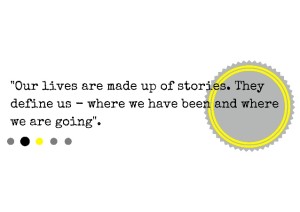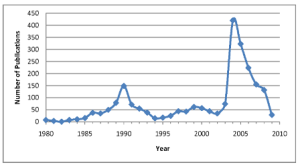1900….1910….1920….1930….1940….1950….1960….1970….1980….1990….2000….2010….2015….
The sharing process of Study Circles lays down a timeline 1940–2016 and asks the members to think of some defining moments along that life journey, when your story was born, or came alive, or took a detour, or shifted into overdrive. And what stories came out! They were so powerful that the team, starving as they were, allowed the pizzas to grow cold, because they could not dare to leave the story circle. They wanted to be with their team mates, as each shared some amazing. disturbing or profound moment of transformation.
One member was 21, and innocently driving home late one night when police pulled him over, and before he knew it, he and his friends were surrounded by a dozen police all with guns drawn, and screaming at them to get on the ground. They complied and were all handcuffed, while the car was searched. After a terrifying ordeal, the police let them go with a casual,”You weren’t the guys we were looking for. You can go.” No apology. No explanation. No Nothing.
Another story was about a member in an advanced English class at college, being told by the professor that because the student had Latino origins, that she did not belong in this class because this was for native English speakers. Even when the member told her she spoke both as her native tongue, the teacher insisted that if she did the class, she would have to do extra work to be able to keep up. “No Way,” she told the professor. And at the end of the course, guess who got an A. How much does prejudice set a limit to the expectations teachers have for their students?
For some, the moment that changed everything was 9-11 when the color of their skin or their eyes, or their name became something that others feared. They were told to “Go back to where they came from.” ( which was New Jersey) Or a family was so disturbed by the hatred that they considered changing their family name and moving to a different part of town, where the color of their skin did not stand out as much.
These stories shape us but the point is that no story need define us. And as Yesenia skilfully asked the team at the end, imagine, just imagine that some of the kids you are teaching and tutoring, that this was their story. How might that effect the way you interact with them?

